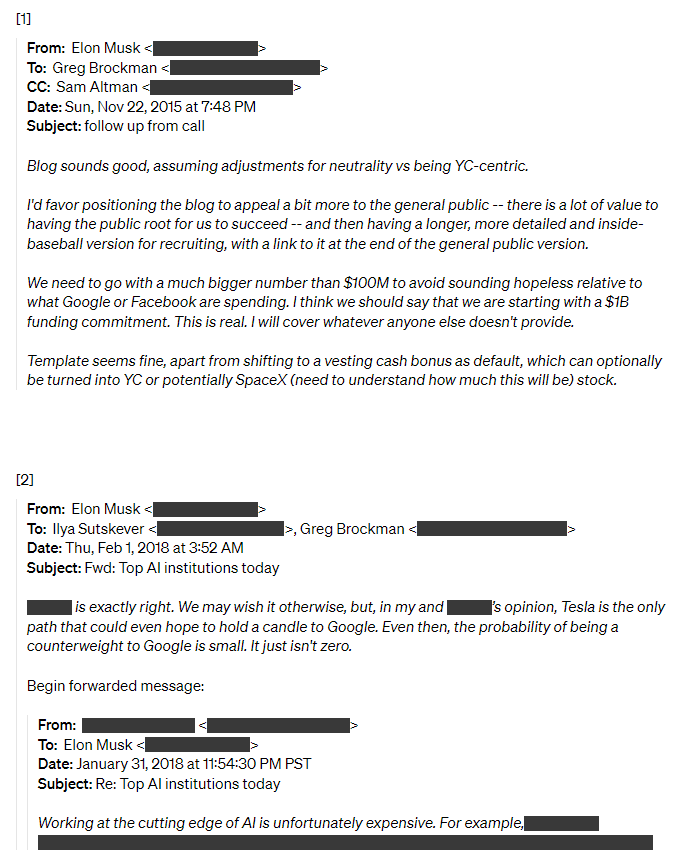OpenAI is constantly (and many would argue deservedly) in the news, but the last few days have seen some major headlines made over matters beyond mere artificial intelligence capabilities.
When we last left the case of The New York Times vs. OpenAI, the paper had filed a lawsuit claiming millions of its articles were being “used to train automated chatbots that now compete with the news outlet as a source of reliable information,” and that it would be seeking billions of dollars in damages from the ChatGPT creator.
Last week, the tech company stepped up its initial “without merit” rebuttal, claiming the paper hired someone to hack ChatGPT in order to generate the “highly anomalous results.”
“They were able to do so only by targeting and exploiting a bug (which OpenAI has committed to addressing) by using deceptive prompts that blatantly violate OpenAI’s terms of use,” the filing says. “And even then, they had to feed the tool portions of the very articles they sought to elicit verbatim passages of, virtually all of which already appear on multiple public websites. Normal people do not use OpenAI’s products in this way.”
In response, NYT’s lead counsel Ian Crosby said, “OpenAI doesn’t dispute — nor can they — that they copied millions of The Times’s works to build and power its commercial products without our permission. What OpenAI bizarrely mischaracterizes as ‘hacking’ is simply using OpenAI’s products to look for evidence that they stole and reproduced The Times’s copyrighted work.”
And while NYT continues to fight against OpenAI’s larger tactics, another voice is chiming in from seemingly out of nowhere, lawyering up because of OpenAI’s larger vision. A few days ago, Elon Musk filed a lawsuit claiming OpenAI, which he co-founded, “abandoned its non-profit mission of developing AGI for the benefit of humanity.”
As The Verge helps clarify when the news first broke, Musk believes OpenAI’s partnership with Microsoft has caused this pivot to profits, which he says breaches the agreement he had with the company’s fellow founders. In a followup article, The Verge’s editor-in-chief Nilay Patel points out the teensiest, tiniest, minor detail: that this breach-of-contract claim is in regards to a contract that, well, doesn’t technically exist.
“The complaint makes reference to a ‘Founding Agreement,’” Patel writes, “but no such Founding Agreement is attached as an exhibit, and the breach of contract claim admits that the ‘Founding Agreement’ is basically a vibe everyone caught in some emails.”
In the latest developments breaking overnight, OpenAI shared some vibe-enlightening emails from those early days in which Musk said funding would be necessary to develop and survive. Forwarded emails were also shared in which Musk agreed with the idea that OpenAI should “attach to Tesla as its cash cow.”

Some of Musk’s emails, shared by OpenAI
“As we discussed a for-profit structure in order to further the mission, Elon wanted us to merge with Tesla or he wanted full control,” the OpenAI blog says. “Elon left OpenAI, saying there needed to be a relevant competitor to Google/DeepMind and that he was going to do it himself. He said he’d be supportive of us finding our own path.”
Whether solid legal grounds can ultimately be found through email vibes or not, it’s surely not the last we’ve heard of this particular beef, at least in the open court of public opinion.
As for NYT v. OpenAI, however, it’s clear the legal fight has just begun.
SEE FOR YOURSELF
The Magazine Manager is a web-based CRM solution designed to help digital and print publishers manage sales, production, and marketing in a centralized platform.




